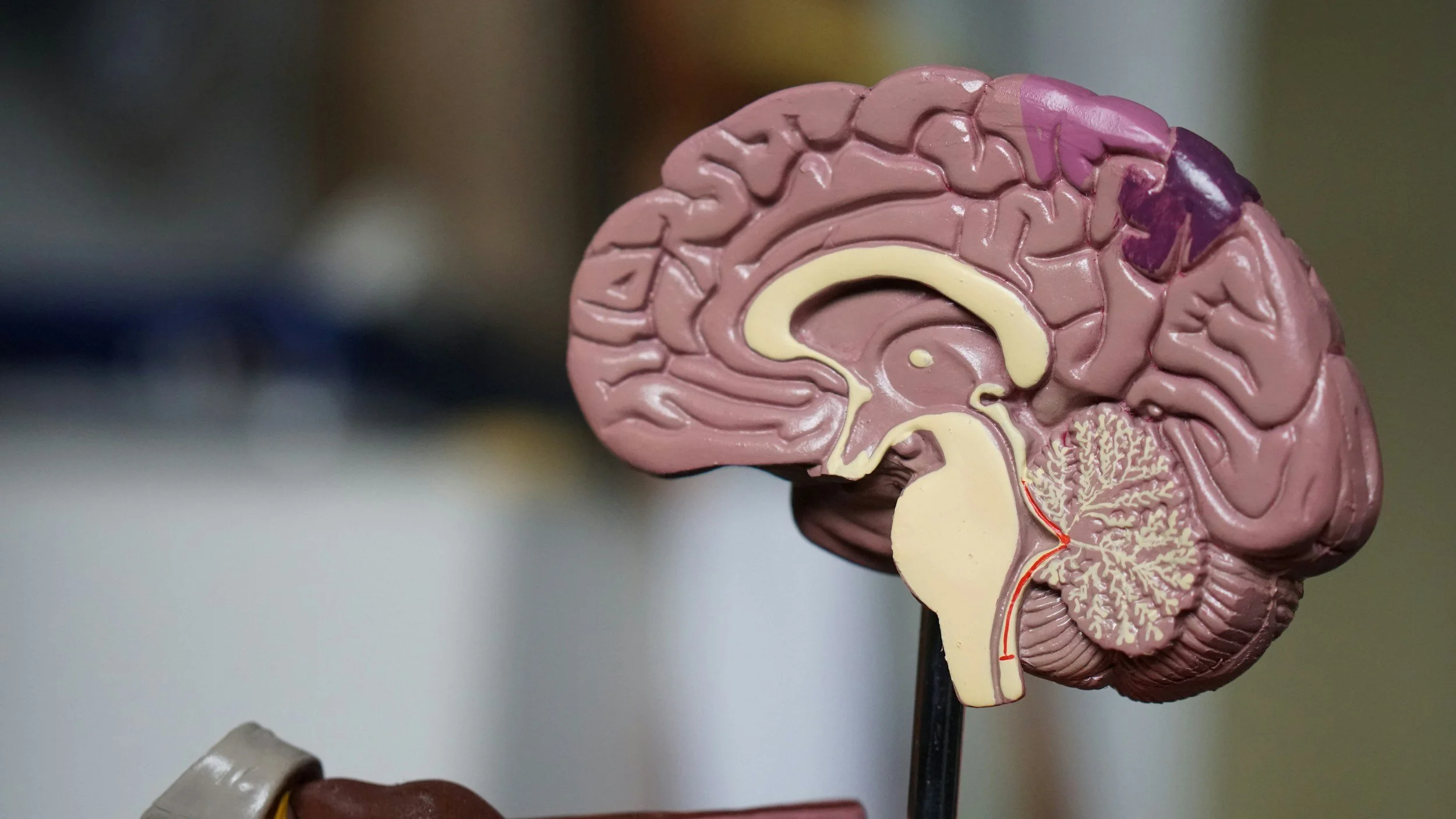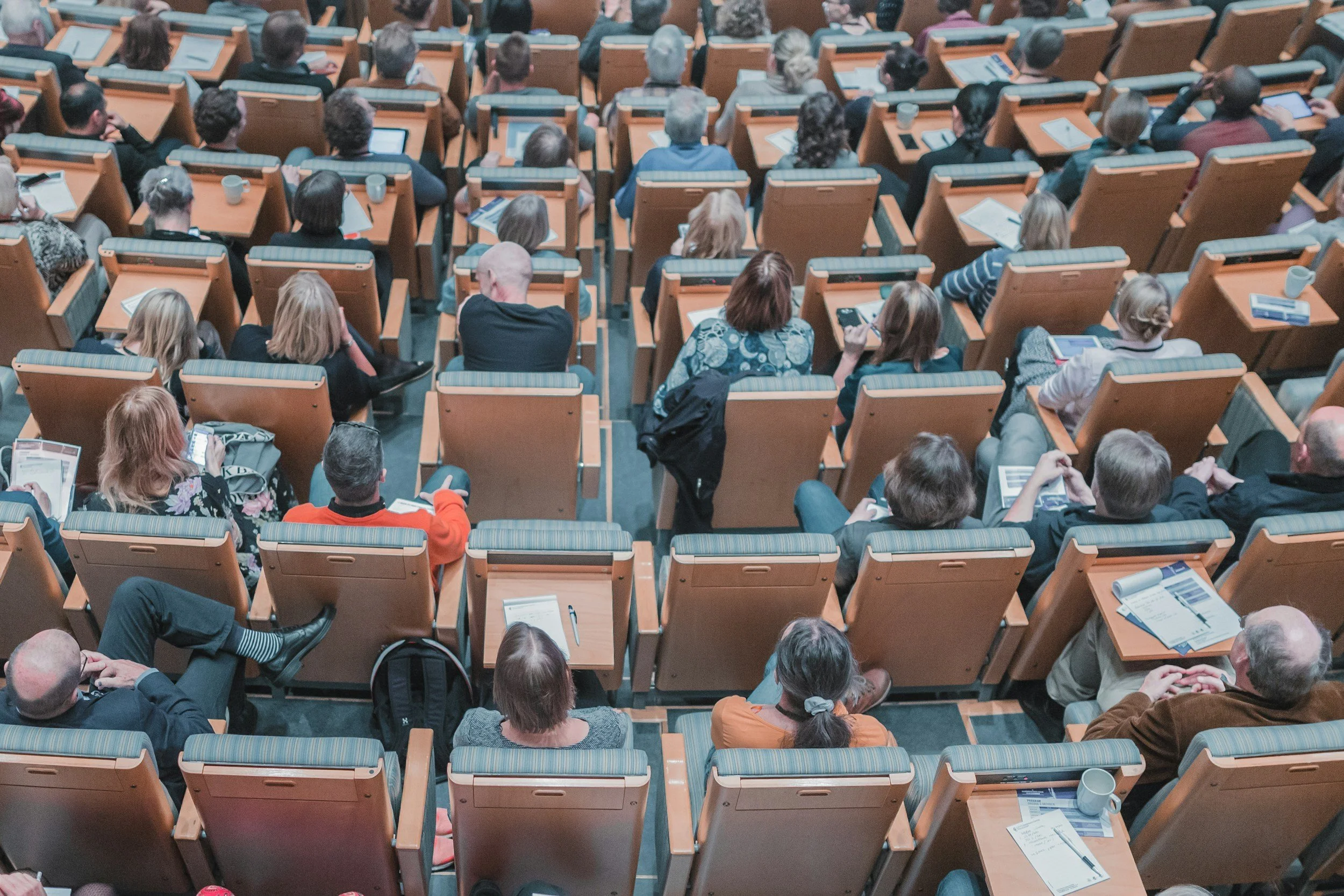Harnessing AI Without Over-Reliance
The integration of artificial intelligence (AI) into everyday life and professional sectors has progressed at an unprecedented rate. From streamlining mundane tasks to offering complex analytical insights, AI's capabilities seem boundless. Yet, this rapid proliferation gives rise to a crucial question: how can we best utilise artificial intelligence without becoming overly reliant upon it? The concern is not merely a technophobic resistance to progress, but a genuine apprehension about the potential erosion of human cognitive skills and the unforeseen consequences of ceding too much control to automated systems. This essay will explore strategies for harnessing the benefits of AI while mitigating the risks of over-dependence, advocating for a balanced and judicious approach.
The Danger of Cognitive Offloading
One of the primary dangers of over-reliance on AI lies in the phenomenon of "cognitive offloading". As AI systems become more adept at performing tasks that once demanded human intellect, such as memory recall, problem-solving, and decision-making, there is a risk that our own capacity for these tasks may diminish. Like a muscle that atrophies with disuse, the human brain may become less capable if it consistently outsources its functions to technology. For instance, the ubiquitous use of satellite navigation systems may lead to a decline in individuals' spatial awareness and ability to navigate independently. Similarly, in professional settings, an over-reliance on AI-driven decision-support systems could erode the critical thinking and judgment of human experts.
Mitigating the Risks
To mitigate this risk, a conscious and deliberate approach to AI utilisation is essential. Firstly, it is vital to cultivate a mindset of active engagement with AI, rather than passive consumption of its outputs. This means using AI as a tool to augment human capabilities, not replace them entirely. For example, in education, AI could be employed to provide students with personalised learning experiences and identify areas where they struggle. However, educators must ensure that students still actively participate in the learning process, developing their own problem-solving skills and critical thinking abilities, rather than simply accepting AI-generated answers.
Secondly, a focus on preserving and developing core human skills is paramount. Educational institutions, professional training programmes, and even everyday life should prioritise the cultivation of skills that are fundamental to human intelligence. These include critical thinking, complex problem-solving, creativity, and effective communication. By actively honing these skills, individuals can maintain their cognitive resilience and reduce their susceptibility to over-reliance on AI.
Furthermore, it is crucial to recognise the limitations of AI and to exercise healthy scepticism towards its outputs. While AI can process vast amounts of data and identify patterns with remarkable speed, it lacks the contextual understanding, emotional intelligence, and ethical judgment that are intrinsic to human cognition. Therefore, humans must retain the capacity to critically evaluate AI-generated information, to identify potential biases or inaccuracies, and to make informed decisions based on a holistic understanding of the situation.
Finding a Balanced Approach
In the professional realm, a balanced approach to AI involves a careful consideration of which tasks are most suitable for automation and which require human oversight. Routine, data-driven tasks that are prone to human error can often be efficiently and effectively handled by AI. However, tasks that involve complex ethical considerations, nuanced judgment, or require adaptability in unpredictable situations are often best left to human experts, with AI providing supporting information and analysis.
Conclusion
In conclusion, the optimal utilisation of artificial intelligence lies not in wholesale adoption or outright rejection, but in a balanced and judicious integration into human life. By actively engaging with AI, preserving and developing core human skills, and maintaining a critical perspective, we can harness the transformative potential of this technology without succumbing to the dangers of over-reliance. The goal should be to create a symbiotic relationship between humans and machines, where AI serves as a powerful tool to enhance human capabilities, rather than a crutch that diminishes them.



